Scoring System for Big Events
by Cesar Travado (Photo courtesy of Matias Capizzano) A new scoring system was used for the 2016 Europeans and the Worlds 2017. It consists, as most of you know, on a Qualifying Series and Final Series. For the Final Series, each competitor carries his/her Overall position of the Qualifying Serie as Race #1 of the Final Series. This Race #1 is not excluded as discard. When César Sans and I wrote the Sailing Instructions for the Europeans 2016, we spent a lot of time on the phone (and emails) discussing how to write them to be the most clear and understandable for competitors, specially in the point about the Fleets and Scoring System. We put special care on finding the exact words to not let space to doubts. No modifications to the Sailing Instructions during the Europeans, so I guess we made a good job. ...
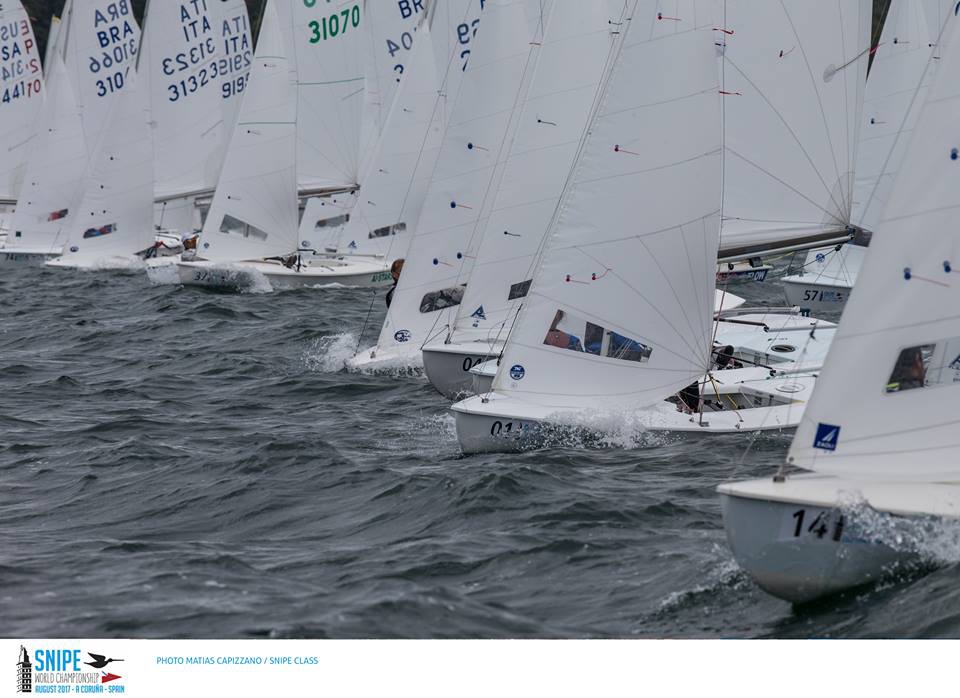

by Cesar Travado
(Photo courtesy of Matias Capizzano)
A new scoring system was used for the 2016 Europeans and the Worlds 2017. It consists, as most of you know, on a Qualifying Series and Final Series.
For the Final Series, each competitor carries his/her Overall position of the Qualifying Serie as Race #1 of the Final Series. This Race #1 is not excluded as discard.
When César Sans and I wrote the Sailing Instructions for the Europeans 2016, we spent a lot of time on the phone (and emails) discussing how to write them to be the most clear and understandable for competitors, specially in the point about the Fleets and Scoring System. We put special care on finding the exact words to not let space to doubts. No modifications to the Sailing Instructions during the Europeans, so I guess we made a good job.
…
Some controversy about this system and some claims about the fairness. So I took my time to compare with the Old System (11 races – 2 races excluded, orange colored) and the Add System (Some one propossed to carry the net points in the Qualifying Series as Race #1 instead of the Overall Position, Green colored). I added the average points per race column on each just for information.
The result is as follows (Points for calculating AVG are Nett Points):
|
|
PRUEBAS |
FINAL |
Net Points |
AVG |
OLD |
Net Points |
AVG |
ADD |
Net Points |
AVG |
|
Country |
Skipper |
|||||||||
|
PUR |
Raúl Rios |
1 |
36 |
6,0 |
1 |
52 |
5,8 |
1 |
52 |
8,7 |
|
ESP |
Gustavo del Castillo |
2 |
41 |
6,8 |
2 |
54 |
6,0 |
2 |
54 |
9,0 |
|
ESP |
Rayco Tabares |
3 |
42 |
7,0 |
3 |
60 |
6,7 |
3 |
60 |
10,0 |
|
ESP |
Alfredo González |
4 |
52 |
8,7 |
4 |
67 |
7,4 |
6 |
74 |
12,3 |
|
BRA |
Mario Tinoco |
5 |
56 |
9,3 |
6 |
70 |
7,8 |
4 |
70 |
11,7 |
|
BRA |
Alexandre Tinoco |
6 |
57 |
9,5 |
8 |
76 |
8,4 |
7 |
76 |
12,7 |
|
ESP |
Álvaro Martínez |
7 |
59 |
9,8 |
5 |
68 |
7,6 |
5 |
72 |
12,0 |
|
ESP |
Raúl de Valenzuela |
8 |
62 |
10,3 |
9 |
79 |
8,8 |
9 |
79 |
13,2 |
|
BRA |
Bruno Bethlem |
9 |
64 |
10,7 |
10 |
81 |
9,0 |
10 |
81 |
13,5 |
|
ESP |
Damián Borrás |
10 |
70 |
11,7 |
7 |
75 |
8,3 |
8 |
77 |
12,8 |
|
BRA |
Alexandre Paradeda |
11 |
73 |
12,2 |
11 |
90 |
10,0 |
11 |
90 |
15,0 |
|
USA |
Ernesto Rodríguez |
12 |
75 |
12,5 |
12 |
92 |
10,2 |
12 |
92 |
15,3 |
|
BRA |
Rafael Gagliotti |
13 |
75 |
12,5 |
13 |
92 |
10,2 |
13 |
92 |
15,3 |
|
POR |
Mafalda Pires |
14 |
77 |
12,8 |
14 |
95 |
10,6 |
14 |
95 |
15,8 |
|
BRA |
Juliana Duque |
15 |
88 |
14,7 |
17 |
106 |
11,8 |
15 |
106 |
17,7 |
|
BRA |
Breno Bianchi |
16 |
95 |
15,8 |
20 |
114 |
12,7 |
17 |
114 |
19,0 |
|
JPN |
Tetsuo Watanabe |
17 |
97 |
16,2 |
16 |
105 |
11,7 |
16 |
113 |
18,8 |
|
ESP |
José María Guerrero |
18 |
98 |
16,3 |
15 |
101 |
11,2 |
18 |
115 |
19,2 |
|
BRA |
Tiago Brito |
19 |
102 |
17,0 |
21 |
120 |
13,3 |
19 |
120 |
20,0 |
|
BRA |
Mario Sergio de Jesús |
20 |
103 |
17,2 |
18 |
106 |
11,8 |
20 |
121 |
20,2 |
|
USA |
Augie Díaz |
21 |
107 |
17,8 |
19 |
112 |
12,4 |
21 |
124 |
20,7 |
|
ESP |
Jordi Triay |
22 |
117 |
19,5 |
22 |
124 |
13,8 |
22 |
133 |
22,2 |
|
BRA |
Gabriel Kieling |
23 |
130 |
21,7 |
24 |
133 |
14,8 |
23 |
149 |
24,8 |
|
JPN |
Yuichi Ohi |
24 |
136 |
22,7 |
26 |
152 |
16,9 |
24 |
154 |
25,7 |
|
JPN |
Junichiro Shiraish |
25 |
136 |
22,7 |
23 |
131 |
14,6 |
25 |
155 |
25,8 |
|
USA |
Doug Hart |
26 |
142 |
23,7 |
27 |
155 |
17,2 |
26 |
160 |
26,7 |
|
BRA |
Leonardo Lombardi |
27 |
147 |
24,5 |
25 |
150 |
16,7 |
28 |
168 |
28,0 |
|
ESP |
Marcos Míguez |
28 |
148 |
24,7 |
28 |
155 |
17,2 |
27 |
165 |
27,5 |
|
JPN |
Yuta Kunimi |
29 |
148 |
24,7 |
31 |
170 |
18,9 |
29 |
170 |
28,3 |
|
JPN |
Koji Kamiya |
30 |
154 |
25,7 |
30 |
165 |
18,3 |
30 |
173 |
28,8 |
|
USA |
Randy Lake |
31 |
155 |
25,8 |
33 |
174 |
19,3 |
32 |
178 |
29,7 |
|
BRA |
Mateus Tavares |
32 |
155 |
25,8 |
29 |
160 |
17,8 |
31 |
177 |
29,5 |
|
BRA |
Luis Soubie |
33 |
157 |
26,2 |
32 |
172 |
19,1 |
33 |
184 |
30,7 |
|
BRA |
Adriano Santos |
34 |
168 |
28,0 |
34 |
186 |
20,7 |
34 |
196 |
32,7 |
|
NOR |
Nicholas Pelicano Grael |
35 |
174 |
29,0 |
35 |
193 |
21,4 |
35 |
196 |
32,7 |
I took the top 35 from Final Series and compare the Final Position depending on the Scoring System used. As we can see, no changes on the Top 4 between the Old and the New Systems.
From the table, we can draw some conclusions:
a) The Scoring System used (any one of them) does not affect extremely the Final Results. Minor changes of 1 or 2 positions, but no dramatic changes.
b) The New Scoring System does not require the best average points to be World Champion what it means that the top 35 in the Qualifying Series has a chance to win. Raúl Ríos would win the Championsip in any case but using the Old System, an average of 5,8 points in each race could be enough to be World Champion.
I think the New Scoring System (when using Blue and Yellow fleets) is really good because nobody can say who will win until the last race is finished. All of us have seen regattas where the winner is known before the last race or even in the last two races. With this system, emotion and uncertainty keep the regatta alive, adding that, if you want to win, you have to reduce your average positions and to be the very best.
On the other hand, compressing the fleet after the Qualifying Series by carrying the Overal Position only, opens the door to more competitors that may be the winner during the Finals. For instance, Rayco Tabares coming from 15th in Qualifying to 3rd or Alfredo Gonzalez coming from 30th to 4th. So we can assure that, even when you do not get a good position in Qualifying, the regatta is not over for you, what, again, is good for the entire fleet.
I like the Blue System (Worlds and European 2016) because it compresses the fleet. Maybe competitors do not see their effort in the first 5 races in the points (only 1 point between positions) but this is an opinion from the top 10. I think it is good to conserve your options to win until at least the middle of the regatta.
Don´t you think that 30 boats conserving their options to win after the first 6 races is good for the competition? It estimulates competitors and grows emotions.
Raúl Ríos and Marc Agnese deserved to be, regardless on the Scoring System, and they are, the fairest World Champions.
Comments for this post are closed

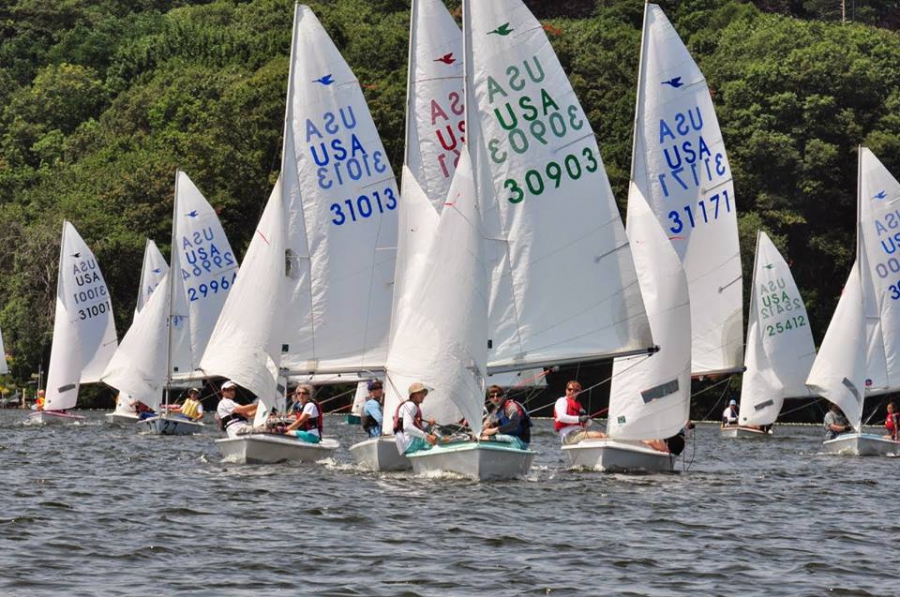
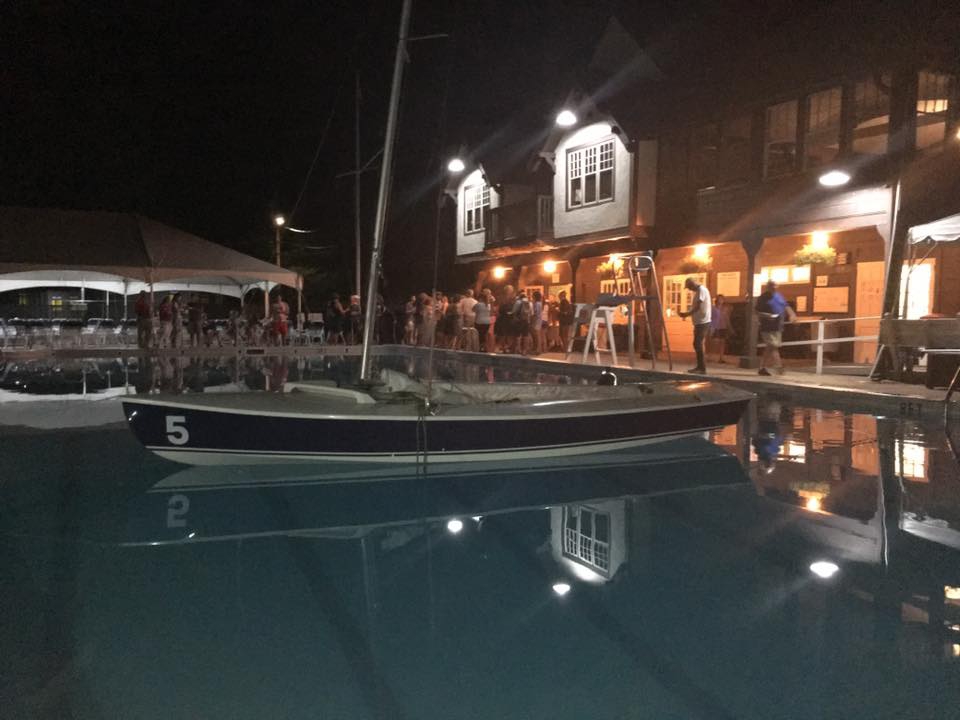
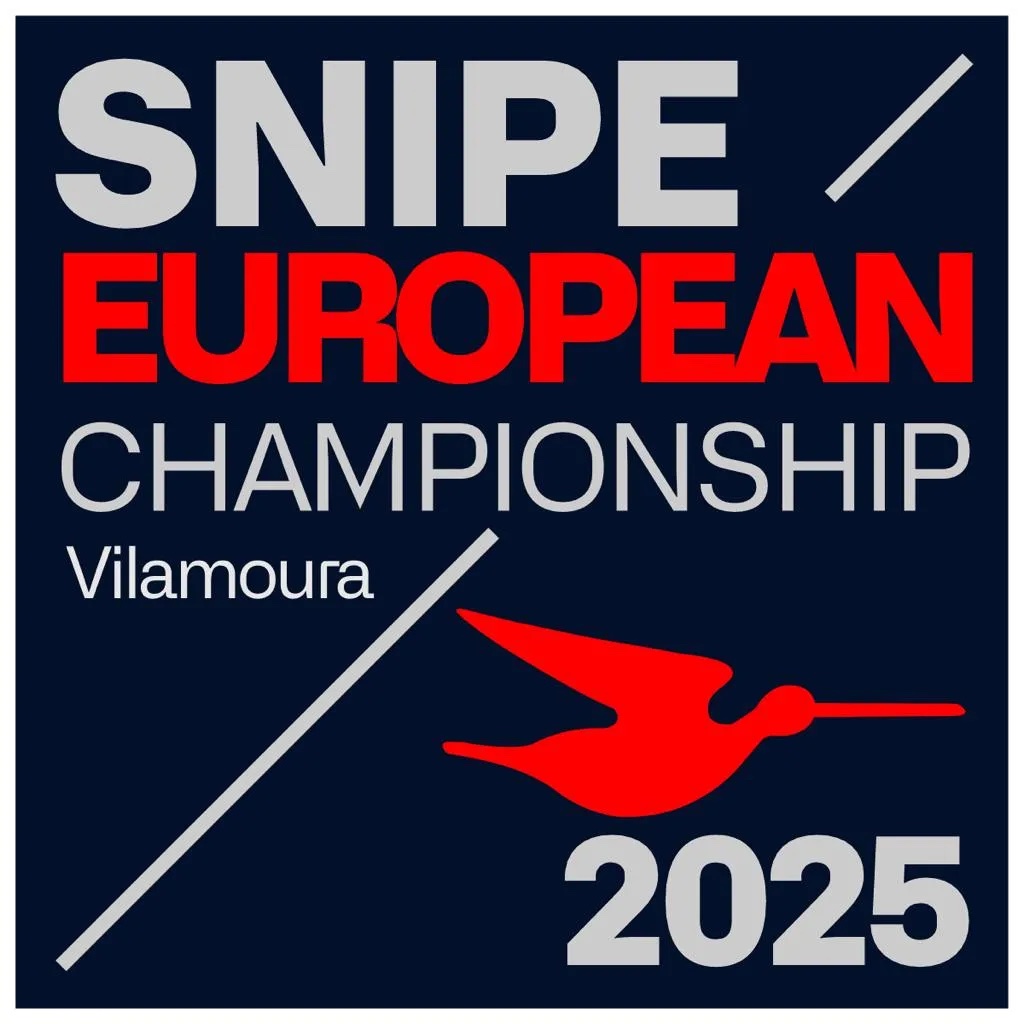


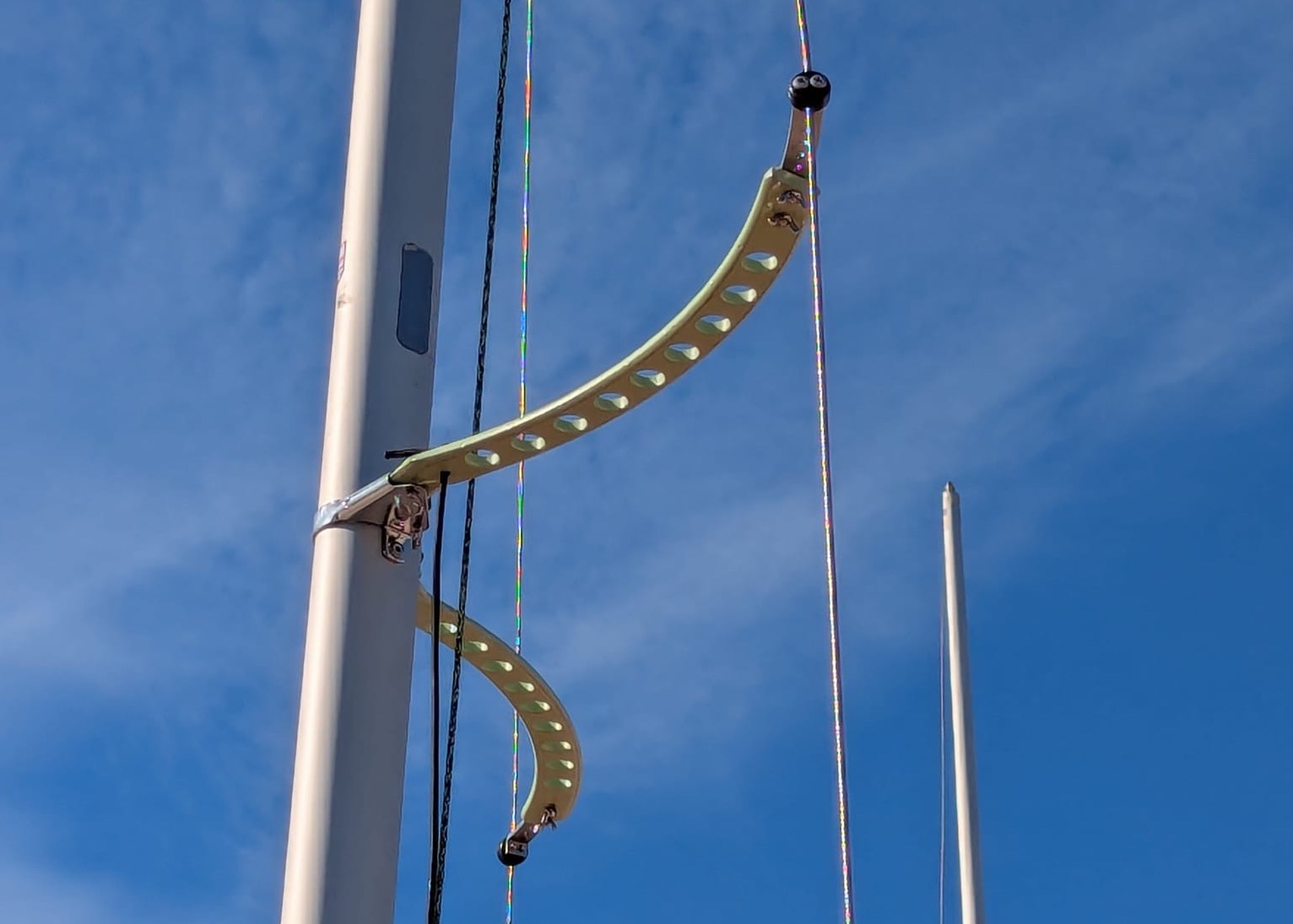

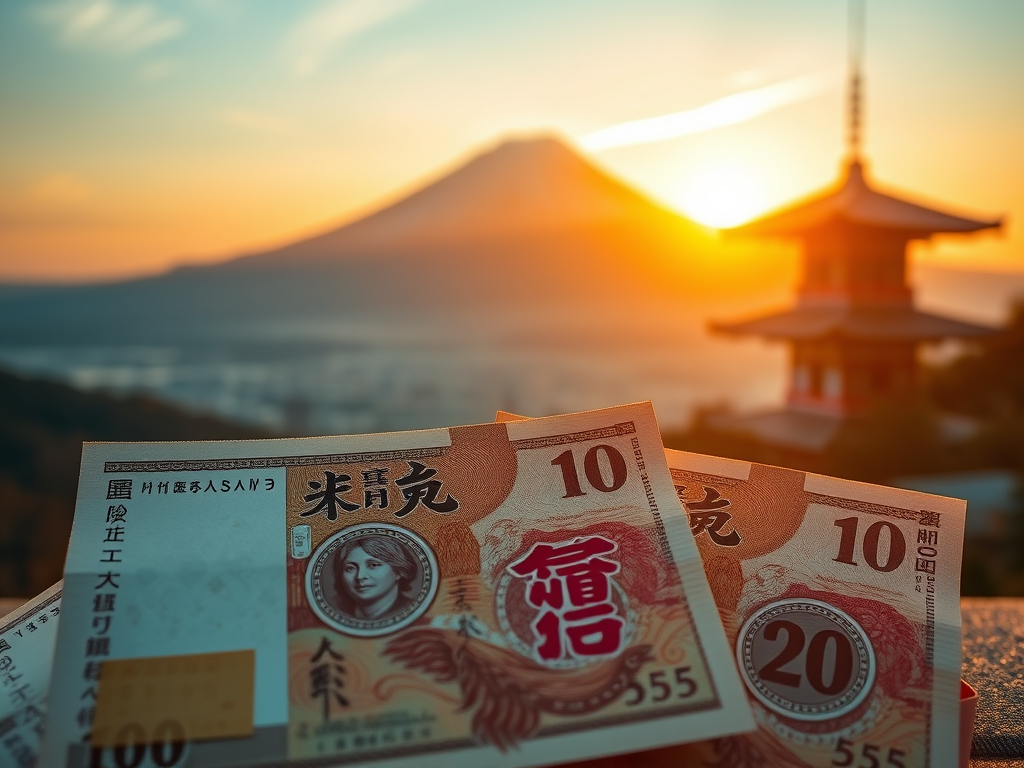
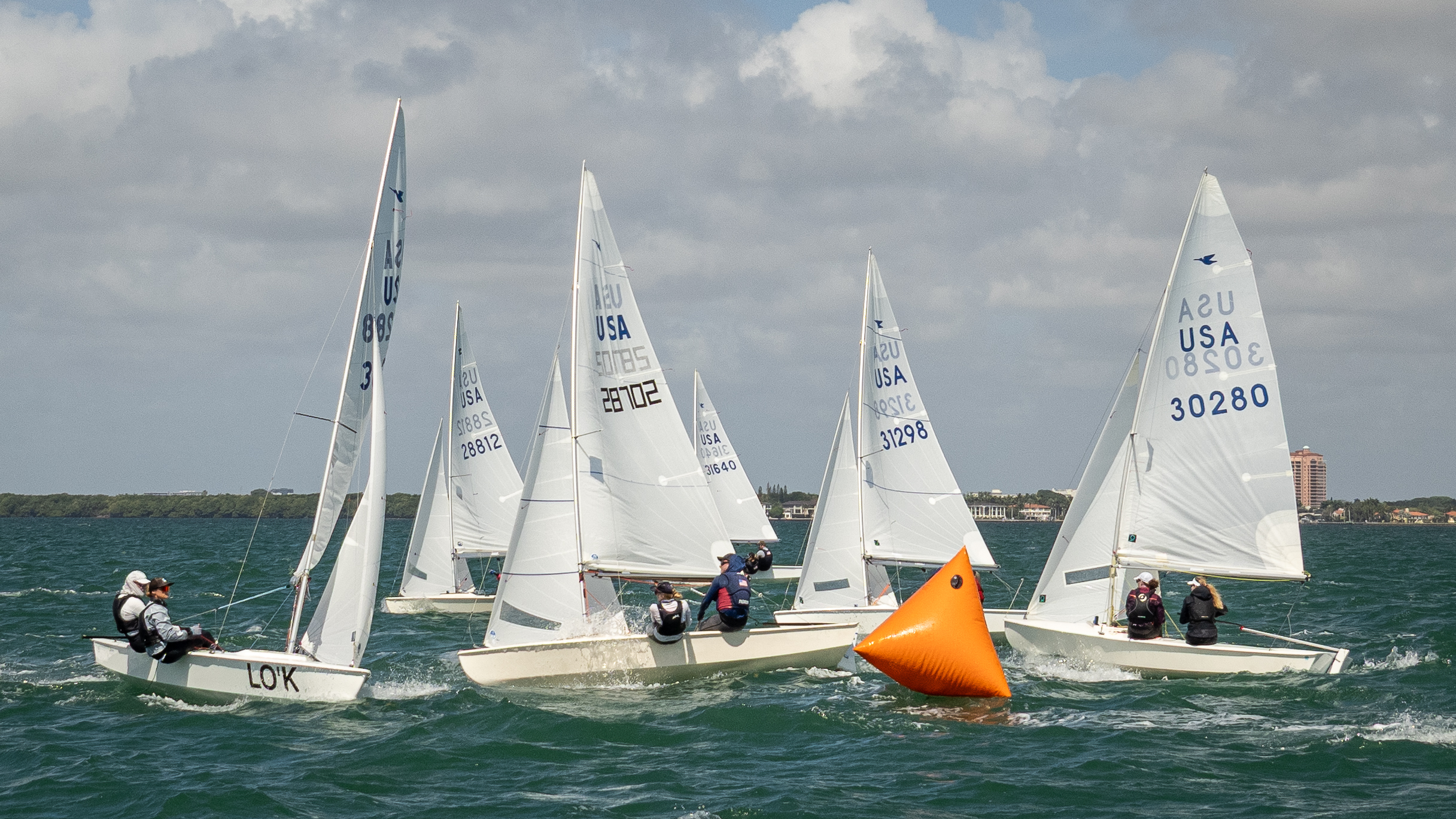
0 comments